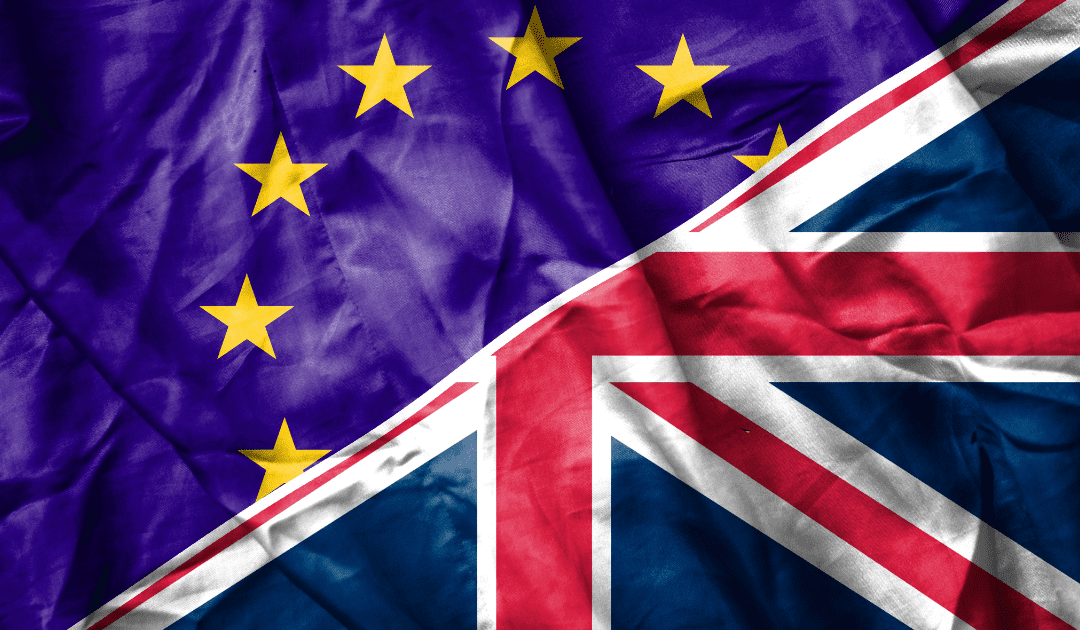Introduction
Launched under the EDPB’s Coordination Enforcement Framework in 2020, the initiative sought to harmonise enforcement and foster cooperation among the supervisory authorities (SAs) of the European Economic Area (EEA). This ambition was crafted to facilitate annual coordinated actions on agreed-upon subjects, ensuring a unified approach to pressing data protection issues.
A Closer Look at the Findings
The report outlines significant challenges faced by DPOs and their organisations, shedding light on areas that require immediate attention and improvement. Among the key obstacles identified were:
- The Absence of DPOs Where Mandated: A startling revelation was the lack of appointed DPOs in scenarios where their designation is obligatory under Article 37(1) of the GDPR. This oversight calls for heightened awareness and action from SAs to ensure compliance.
- Resource Allocation: The finding underscores the necessity for organisations to ensure their DPOs are equipped with adequate resources, encapsulating both time and capacity, to fulfil their duties effectively.
- Expert Knowledge and Training: The report points to a gap in the expert knowledge and training of DPOs, with a recommendation for enhanced training programs and possibly the introduction of additional certification mechanisms.
- Full Entrustment of Tasks: There’s a pressing need for DPOs to be involved promptly and thoroughly in all matters concerning personal data protection, highlighting the importance of their integral role within the organisation.
- Independence and Avoidance of Conflict of Interest: The independence of DPOs remains paramount, with the report advocating for further guidance to ensure that DPOs can perform their duties without conflicts of interest.
- Reporting Lines: The imperative for DPOs to report to the highest management levels within organisations is highlighted, suggesting a need for more structured guidance on reporting mechanisms.
- Further Guidance Required: The dynamic nature of the digital legislative landscape calls for ongoing guidance from SAs to aid DPOs in adapting to evolving responsibilities effectively.
The Path Forward
The EDPB’s report is not merely a reflection on the current state of affairs but a clarion call for action. Organisations across the board are encouraged to re-evaluate their approach to the appointment and support of DPOs. This involves not only ensuring compliance with existing regulations but also embracing the spirit of these laws by recognising the pivotal role DPOs play in safeguarding data privacy.
Efforts at the country level, as seen in Ireland, France, Poland, the Netherlands, and Croatia, demonstrate a commitment to providing guidance and support for DPOs. These initiatives offer a blueprint for how organisations can enhance their data protection practices.
Engaging with the Future
The role of the DPO is undeniably evolving, becoming ever more critical in the context of new EU digital legislation. As we navigate this changing landscape, the support, empowerment, and independence of DPOs will be key determinants of an organisation’s ability to manage data protection effectively.
As guardians of privacy and facilitators of compliance, DPOs deserve the full support and recognition from their organisations. It’s time to elevate the status of the DPO beyond a mere compliance requirement to a central figure in the ethical stewardship of data. The journey towards robust data protection starts with empowering those who stand on its front lines.
Reassessing the UK’s Approach to Data Protection: A Concerning Shift?
Amidst these pivotal discussions on enhancing the role and support of Data Protection Officers (DPOs) within the European Economic Area (EEA), a contrasting narrative emerges from the UK. The current Data Protection Bill, making its passage through Parliament as of 2024, signals a potential divergence in the UK’s stance towards data protection, specifically concerning the role of DPOs.
A Step Backwards?
The proposed legislation suggests a watering down of the DPO’s role, a move that has sparked debate and concern among privacy advocates and professionals alike. This legislative adjustment could potentially diminish the autonomy and authority of DPOs within organisations, raising questions about the UK’s commitment to maintaining robust data protection standards post-Brexit.
Implications for Data Protection Standards
This legislative shift prompts a broader discussion on the impact such changes might have on the UK’s data protection landscape. It begs the question: Will this realignment compromise the UK’s ability to ensure the same level of protection and oversight as its European or Global counterparts? Furthermore, it casts doubt on the future of UK-EU data flow agreements, which hinge on equivalent data protection standards.
A Call for Reflection
As the UK charts its own course in data protection, this move raises important questions about the balance between regulatory flexibility and the safeguarding of privacy rights. It serves as a reminder of the critical role DPOs play in not just achieving compliance but in fostering a culture of privacy and respect for personal data within organisations.
This divergence highlights the need for a thorough and informed debate on the best path forward. It underscores the importance of considering the long-term implications of such legislative changes on the privacy rights of individuals and the global perception of the UK’s data protection regime.
Concluding Thoughts
The evolving role of the DPO in the context of the UK’s Data Protection Bill offers a stark contrast to the proactive enhancements being advocated within the EEA. This divergence serves as a critical juncture for organisations, lawmakers, and data protection professionals to reflect on the values and priorities that should guide the UK’s data protection strategy in the years to come.

